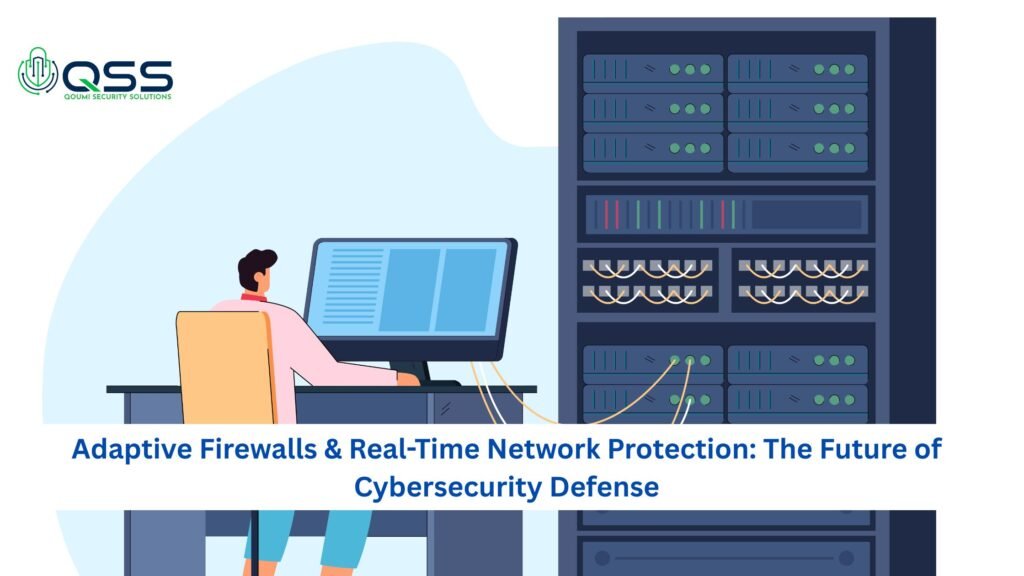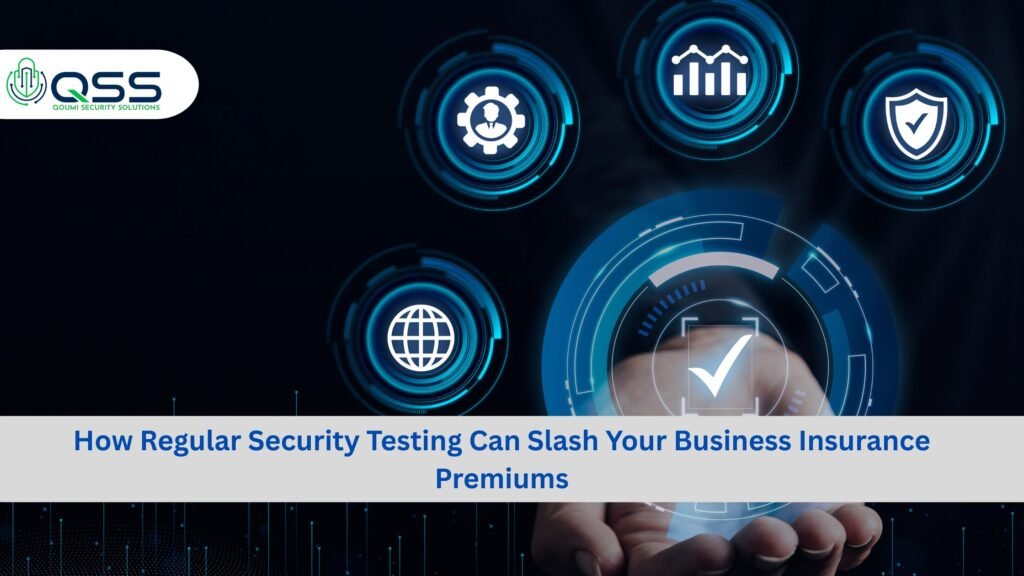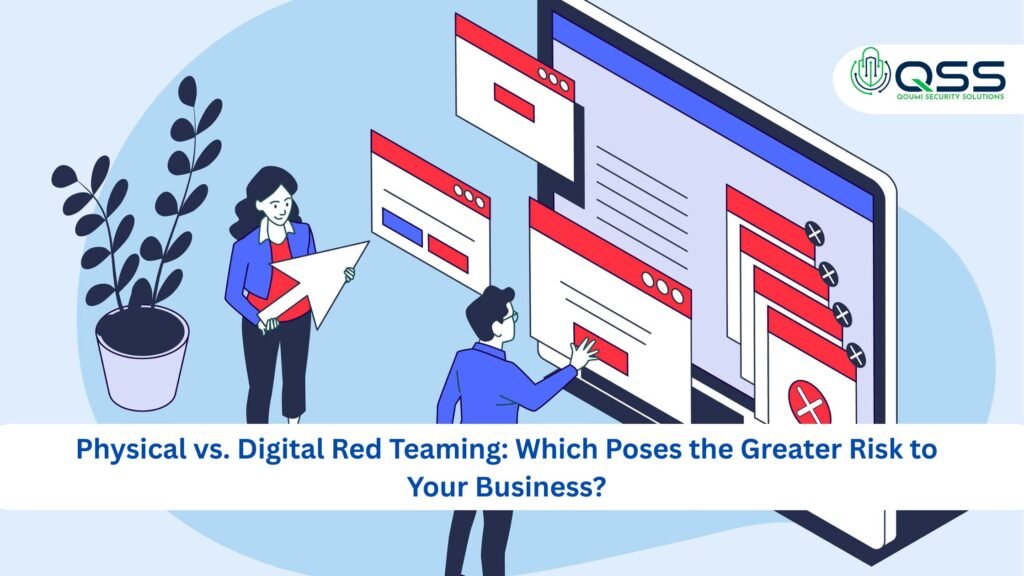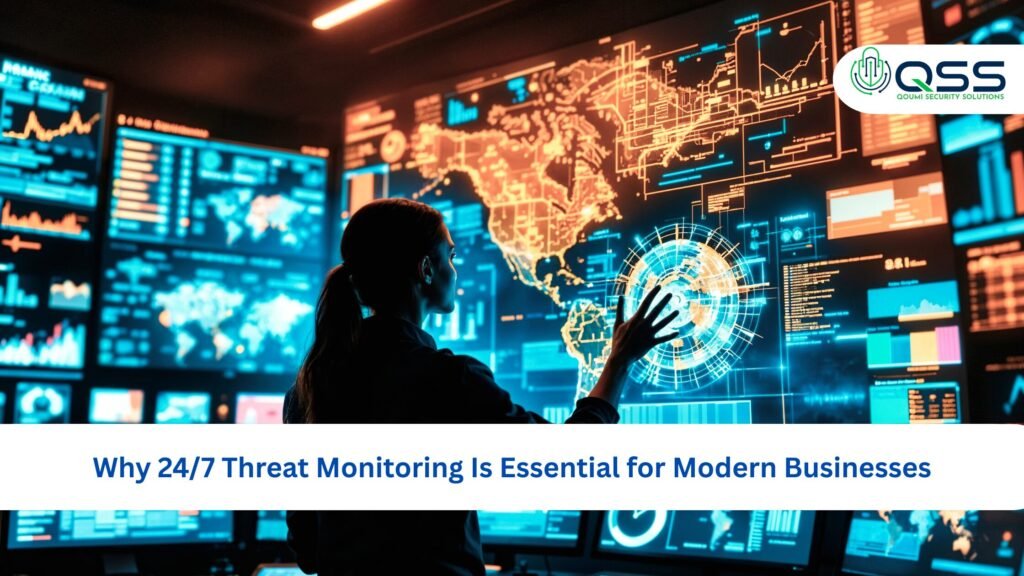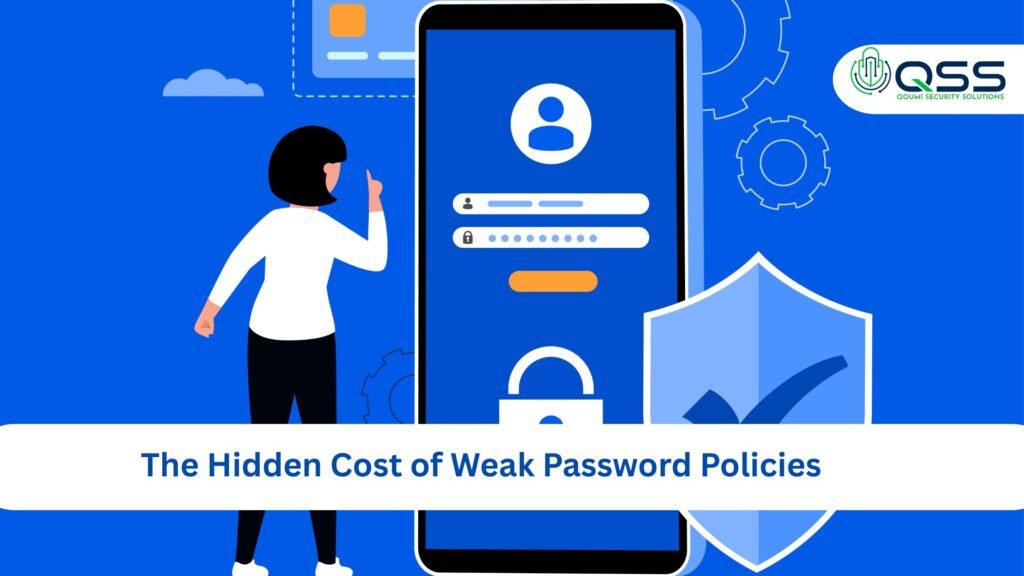Single Blog
Low-Cost Cybersecurity Strategies Every Small Business Needs in 2025
Low-Cost Cybersecurity Strategies Every Small Business Needs in 2025

In an era where digital threats evolve faster than ever, small businesses can’t afford to overlook cybersecurity. You might assume that only large corporations with massive budgets can implement effective defenses, but that’s a myth. With cyberattacks hitting small enterprises harder than before—43% of all cyber incidents target them, affordable solutions are more accessible and crucial than you think. The average cost of a data breach for small firms now exceeds $120,000, covering everything from recovery to lost customer trust. But here’s the silver lining: by adopting budget-friendly tactics, you can shield your operations without draining your resources.
This guide explores practical, low-cost cybersecurity strategies tailored for small businesses like yours. Whether you’re a local retailer, a consulting firm, or an e-commerce startup, these tips draw from proven methods to fortify your defenses. We’ll cover everything from basic habits to free tools, helping you stay secure in 2025’s threat landscape. Let’s dive in and empower your business against digital dangers.
The Rising Cyber Risks Facing Small Businesses Today
Small businesses are prime targets for cybercriminals because they often handle valuable data—like customer info and payment details—without the robust protections of bigger players. In 2025, threats like ransomware have surged, with a 95% increase in cloud-related breaches reported recently. Phishing remains a top culprit, tricking employees into revealing sensitive information, while unpatched software vulnerabilities account for 60% of breaches.
Why does this matter to you? A single incident can disrupt operations, erode client confidence, and lead to hefty fines under regulations like GDPR or HIPAA. Yet, 41% of small businesses faced attacks in recent years, highlighting the urgency. The good news is that low-cost measures can mitigate up to 90% of common risks, focusing on prevention rather than reaction.
Top 10 Affordable Cybersecurity Tips to Implement Now
Drawing from expert insights and real-world practices, here are ten essential, budget-conscious strategies. These aren’t just theories—they’re actionable steps that small businesses worldwide are using successfully.
1. Assess Your Risks with Free Frameworks
Start by understanding your vulnerabilities. Use no-cost resources like the NIST Cybersecurity Framework or CIS Controls to conduct a self-assessment. Identify key assets, such as customer databases or financial software, and pinpoint weak spots like outdated systems.
This DIY approach costs nothing but time and can reveal gaps before hackers do. For instance, many small firms discover poor infrastructure visibility as a major issue—address it early to avoid costly surprises.
2. Enforce Robust Password Practices and MFA
Weak passwords are a hacker’s easiest entry point. Mandate complex passwords (at least 14 characters with mixes of types) and use free managers like Bitwarden to store them securely.
Amp it up with multi-factor authentication (MFA), available for free on services like Google Workspace or Microsoft accounts. MFA blocks 99% of unauthorized logins, even if passwords are compromised. Tools like Authy provide app-based codes without extra fees, making this a must for email, banking, and cloud access.
3. Keep Everything Updated and Patched
Outdated software is like an unlocked door. Set up automatic updates for operating systems, apps, and browsers to seal known vulnerabilities promptly.
Free tools like Microsoft Defender or Avast can scan during updates. Remember, inconsistent patching leads to 60% of breaches—make weekly checks a routine to stay ahead without spending a dime.
4. Train Your Team on Threat Awareness
People are your strongest—or weakest—link. Over 90% of breaches stem from human error, often via phishing. Combat this with free training from sources like CISA or KnowBe4’s phishing simulations.
Hold short monthly sessions to spot red flags, such as suspicious emails demanding urgent action. Empower employees with knowledge, turning them into vigilant guardians of your data.
5. Secure Your Network Basics
Protect your Wi-Fi with WPA3 encryption and change default router passwords—simple steps that cost zero. For remote work, use free VPN options like ProtonVPN to encrypt connections on public networks.
Add a basic firewall, often built into routers, to block unauthorized access. These fundamentals prevent man-in-the-middle attacks, especially vital for mobile teams.
6. Backup Data Religiously
Ransomware thrives on data loss fears. Follow the 3-2-1 rule: three copies on two media types, one offsite. Free cloud storage like Google Drive (up to 15GB) or low-cost options like Backblaze make this feasible.
Test restores quarterly to ensure reliability. This strategy not only counters cyber threats but also hardware failures, safeguarding your business continuity.
7. Deploy Free Antivirus and Malware Protection
Endpoint security doesn’t have to be expensive. Leverage built-in tools like Windows Defender or free versions of Malwarebytes for real-time threat detection.
Schedule weekly scans to catch viruses, spyware, or ransomware early. Pairing these with safe browsing habits amplifies protection without ongoing costs.
8. Craft a Simple Incident Response Plan
Preparation beats panic. Create a basic plan outlining steps for breaches: who to contact, how to isolate issues, and recovery processes. Free templates from Ready.gov or NIST guide you.
Run annual drills to refine it. This proactive measure minimizes downtime, potentially saving thousands in recovery expenses.
9. Monitor Access and Activity
Apply the least privilege principle—grant only necessary permissions. Use free admin tools in Google or Microsoft suites to audit logs monthly for anomalies.
Services like Have I Been Pwned? check for exposed credentials at no cost. Vigilance here catches insider threats or hacks before they escalate.
10. Utilise Open-Source and Community Resources
For advanced needs, explore free open-source tools like ClamAV for antivirus or Snort for intrusion detection. Online communities on Reddit or forums offer support.
Start small to avoid complexity, building layers of security gradually. This approach scales with your business without hefty investments.
Measuring the ROI of Your Cybersecurity Efforts
Investing time in these strategies pays off. Beyond avoiding breaches, strong cybersecurity builds customer trust, essential in 2025’s privacy-focused market. Track metrics like reduced phishing clicks or faster patch times to quantify improvements.
If budgets allow, consider affordable managed services for extra peace of mind, but start with these free foundations.
Wrapping Up: Secure Your Future Today
Cybersecurity isn’t a luxury—it’s survival for small businesses in 2025. By implementing these low-cost strategies, from risk assessments to employee training, you create a resilient shield against evolving threats. Don’t wait for a breach to act; assess your setup now and prioritize two or three tips to start.
For more tailored advice,connect with Quomi Security Solutions. Stay proactive, and your business will not only survive but flourish in the digital age. What’s your first step toward better security?
Why This Choice Is a Big Deal
Before we ask the questions, let’s discuss why this is such a big deal. Cyberattacks aren’t something to mess around with—according to experts, they will cost companies and individuals a staggering $10.5 trillion annually by 2025. Yikes! Whether it’s a ransomware attack, data breach, or phishing scam, one miscalculation can ruin your finances, destroy your reputation, or even get you into legal trouble. A fantastic cybersecurity company is like a sidekick superhero, saving your digital world. But the wrong one? That’s like hiring a sidekick that loses its cape. These questions will assist you in discovering the authentic article.
1. Have You Worked with the Industry Like Us Before?
Each business has its own idiosyncrasies when it comes to cybersecurity. If you’re healthcare, you have sensitive patient information and stringent regulations like HIPAA. If you’re e-commerce, you have credit card scams and PCI DSS compliance on your mind. A provider who is intimately familiar with your industry will understand what you’re up against and how to protect you.
What to Ask:
- Have you worked with companies in my line of business before? Got any examples?
- Are you current on the regulations that I must comply with?
- What types of threats affect my industry the most, and how do you address them?
Seek out someone who can refer to particular clients or projects they’ve worked on in your industry. Perhaps they have a case study or a client testimonial (even if it is anonymized). If they have no idea about your industry, then there’s a chance they could miss something important, and that’s something you don’t want to risk.
2. What Do You Offer, and Can You Make It Fit My Needs?
Cybersecurity is a giant umbrella—consider everything from testing for vulnerabilities to having your systems monitored 24/7 to swooping in when disaster strikes. Some vendors do one thing exceptionally well, while others do the entire enchilada. The secret is finding someone whose services align with what you really need, whether that’s securing your cloud configuration or training your staff to recognize phishing emails.
What to Ask:
- What do you do, and how do they solve my particular issues?
- Can you shape your services to suit my budget or business size?
- Do you specialize in preventing threats beforehand, or simply cleaning up the mess after?
The top-notch providers will make a close, honest assessment of your infrastructure and recommend solutions that are a glove fit. If they’re attempting to sell you a cookie-cutter package without inquiring as to your requirements, flee at all costs.
3. How Do You Stay Current with Sneaky Emerging Threats?
Hackers don’t rest on their laurels—they’re constantly brewing up new schemes to make mischief, such as ransomware or zero-day attacks. A cybersecurity vendor who’s still living in 2015 isn’t going to work. You need someone who’s at the forefront of the latest threats, employing advanced tools and keeping their skills sharp with frequent training.
What to Ask:
- How do you remain current on emerging cyber threats?
- What technology or tools do you employ to detect and deter attacks?
- Do you belong to any cybersecurity communities or networks that exchange threat intelligence?
A good provider may discuss employing AI to detect suspicious patterns or subscribing to live threat feeds. Whether they participate in industry associations or forums, that is an excellent indicator they are being proactive in staying one step ahead of the bad guys.
4. What’s Your Backup Strategy If Something Goes Wrong?
Even the strongest defenses can be penetrated. When that occurs, you’ll want to have a provider who can spring into action quickly to contain the damage. An excellent incident response plan is like a fire extinguisher—you hope you never have to use it, but you’re thankful it’s available.
What to Ask:
- Can you walk me through your step-by-step procedure for dealing with a breach?
- How quick are you to react if something goes awry?
- Do you investigate what went wrong to ensure it does not reoccur?
You’re looking for a provider that has a clear game plan in mind—think 24/7 monitoring, a special response team, and a focus on determining what went wrong. Have them tell you a story about a breach they’ve dealt with in the past. Their response will say a lot about how they react under stress.
5. Are You Transparent About Costs and Contracts?
No one is fond of surprise bills, particularly when it involves something so important as cybersecurity. A reliable provider will be upfront about what you’re paying for, what’s included, and what isn’t. They’ll also ensure their contract won’t leave you in a deanship.
What to Ask:
- Can you explain your pricing so I can see exactly what I’m getting?
- Are there additional charges for services such as emergency assistance or out-of-hours support?
- What’s the story with your contract—can I bail if things are not working?
Avoid anyone evasive about prices or attempting to bind you into a lengthy commitment with no escape hatch. Your ideal provider should be upfront and flexible, allowing you to make changes as your circumstances evolve.
6. What’s the Deal with Your Team’s Credentials?
Ultimately, a cybersecurity solution is only as strong as the individuals behind it. You need a team that has the proper skills and certifications, such as CISSP or Certified Ethical Hacker, working on your security. And you need to ensure they’re not subpping out your protection to whatever third party.
What to Ask:
- What certifications does your team have?
- How do you ensure your employees are up to date with current cybersecurity trends?
- Do you outsource anything, and if so, how do you ensure that those individuals are legitimate?
A vendor with a certified in-house team is less risky than one that out sources sensitive tasks. Inquire about their training program to ensure they are staying sharp.
7. Can You Show Me Proof You’re Awesome?
Nothing is as reassuring as a track record. Request references or case studies and find out how they’ve assisted others in the past. Even if they can’t provide names for confidentiality purposes, they should be able to provide you with anonymized testimonials or quantifiable measures, such as “cut incidents by 40%.”
What to Ask:
- Can you provide references from clients you’ve worked with?
- Got any case studies illustrating how you’ve assisted companies like mine?
- What are the types of results you’ve achieved, such as fewer attacks or improved compliance?
If they avoid answering this question or cannot direct you to strong results, that is a red flag. A confident provider will proudly present their successes.
Trust Your Gut and Take Your Time
Choosing a cybersecurity provider isn’t always about checking boxes—it’s about choosing someone you can trust. Read the tone they use in their words. Are they being transparent, pleasant to converse with, and actually interested in assisting you? Are they going to describe things in a manner that makes sense, or do they use jargon to conceal what they’re saying? All those little things count just as much as their qualifications.
Also, consider if they have the kind of vibe you’d work with. A provider who understands your business and has good communication skills will be much more comfortable to work with in the long term. Don’t rush—compare a couple of them, read over their proposals, and perhaps even try them out on a short-term project if possible.
Wrapping It Up
Identifying the appropriate cybersecurity service provider need not be complicated. By posing these seven questions—to them regarding experience, services, readiness for threats, response to incidents, cost, credentials of their staff, and record—consider them well-informed about who is worthy of your trust. The intention is not merely to make an employee-hiring decision; it is to identify someone as dedicated to your security as you are.
At Qoumi Security, we take that responsibility seriously. From VAPT and managed cyber security services to security consulting and compliance support, our certified experts work hand-in-hand with you to protect your data, your systems, and your reputation — 24/7.
So, breathe deep, do your research, and pick one that puts you at ease in this crazy digital world. Your data, your business, and your sanity are worth it.
